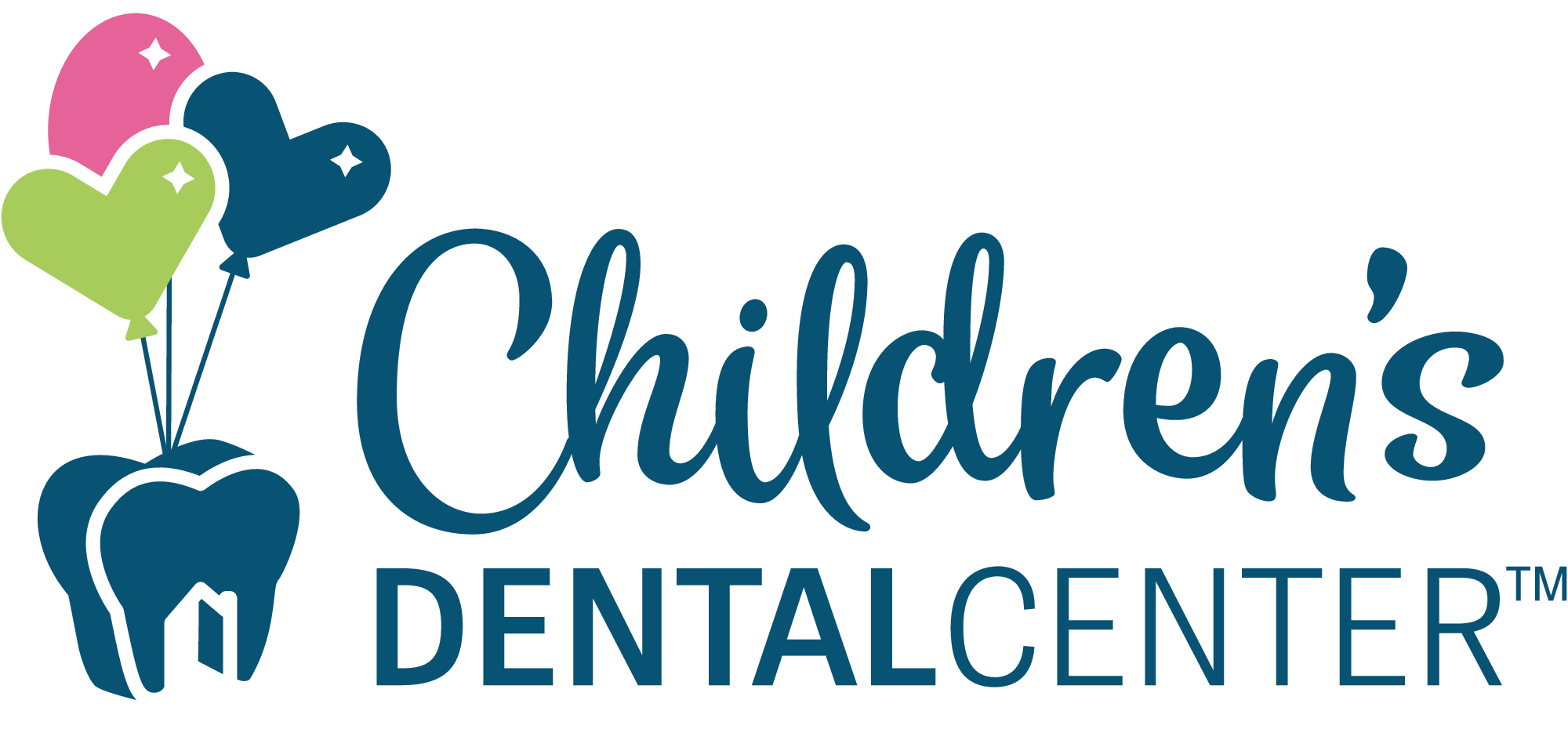Dental Treatment
The following are some of the services we provide to keep your child's smile healthy and bright.Dental Exam
Routine dental exams are recommended every six months. Your dentist will perform a thorough examination of your child’s teeth, gums and mouth. We will look for signs of decay, disease, developmental issues or other concerns.
Teeth Cleanings
Routine dental cleanings are recommended every six months. During your child’s cleaning, plaque is removed from the teeth, especially from places where a toothbrush can’t reach, such as underneath the gum line and in between teeth.
Fluoride
Fluoride is important in dental and oral health. Studies consistently show that a moderate and consistent exposure of fluoride to teeth helps strengthen the tooth structure, and helps prevent future decay.
It is important to note, however, that like any medical treatment, fluoride should be taken in moderation. Overexposure to fluoride can result in a cosmetic condition known as fluorosis: thin white lines or streaks or spots on the tooth. The risk of fluorosis is most pronounced in infants and children whose teeth have not yet fully developed, which is why extra care must be taken to monitor how much fluoride a child ingests. Most public water sources contain fluoridated water, and a common cause of fluorosis in children is powdered formula that is prepared with fluoridated water. There are also many kinds of toothpaste, mouthwashes and even some flosses that contain fluoride. For more on fluoride and fluoridation, you can visit the ADA’s website on fluoride and the CDC’s website on infant formula preparation.
We place a fluoride varnish on your child’s teeth at routine appointments. There are no restrictions on eating or drinking due to fluoride being placed on the teeth, but we ask that the child does not brush their teeth until bedtime.
X-rays
X-rays are used to help diagnose problems such as decay between teeth, abscesses and impacted teeth. Bitewing x-rays are recommended based on each child’s risk factor and previous experience with tooth decay, but are typically taken yearly. A panoramic x-ray is a single image of the entire mouth, used to view growth and development, bone abnormalities, cysts, impacted teeth or infections. This is recommended starting at age 7, and typically done every 3 to 5 years.
At Children’s Dental Center we use state of the art digital x-rays, which significantly minimize radiation exposure over time.
Sealants
Sealants can chip or break off. We recommend that your child avoid chewing hard foods such as ice, hard candies, suckers or popcorn kernels. We will monitor the wear of their sealants at each routine examination.
Local Anesthesia
Children often do not understand this numb feeling and may suck or chew on their lip or cheek which can cause trauma to the tissue. This is not serious, but will be uncomfortable for them when the numbness has passed. We ask that you watch children closely for the first couple hours after treatment. If a child is uncomfortable due to biting their lip, cheek or tongue, we recommend they be given an appropriate dosage of ibuprofen. If the child cannot take ibuprofen, they may be given Tylenol (acetaminophen).
Nitrous Oxide (Laughing Gas)
At the end of the dental appointment your child will breathe in 100% oxygen which will completely reverse the effects of the Nitrous Oxide prior to leaving our office.
General Anesthesia
Restorations (fillings)
Because the fillings are completely hardened when placed, there are no special diet instructions for back teeth. If these restorations are on front teeth, your child will need to avoid biting into hard foods or opening anything using those teeth. These restorations are not as strong as their natural teeth and your child will need to take care to not put extra pressure on these teeth. If your child experiences discomfort after treatment, we recommend they be given an appropriate dosage of ibuprofen. If your child can not take ibuprofen they may be given Tylenol (acetaminophen).
Pulpotomy/Pulpectomy
If your child experiences any sensitivity or discomfort after treatment, we recommend they be given an appropriate dosage of ibuprofen. If they cannot take ibuprofen, they may be given Tylenol (acetaminophen).
CROWNS/CAPS
Your child should stay away from sticky foods like taffy, caramels and gum and should not chew on hard candies like jolly ranchers and suckers. These foods may loosen the crown which may result in additional fees for re-cementing or replacing the crown. If the crown comes off, please save it and call our office. The tissue around the area where the crown was placed may be tender. If necessary we recommend your child be given an appropriate dosage of ibuprofen. If your child can not take ibuprofen, they may be given Tylenol (acetaminophen).
Extractions
Bleeding will be controlled prior to your child’s dismissal from our office, but some “oozing” from the extraction site may occur for up to a few hours. If this occurs, we recommend your child place a roll of gauze over the extraction area and either bite down or place pressure on this for 5-10 minutes. Repeat if necessary. We recommend a soft food diet for the rest of the day, and stay away from hard or crunchy foods for 24-48 hours. If permanent teeth were extracted, we recommend your child not use straws for the remainder of the day. If your child experiences any discomfort, we recommend they be given an appropriate dosage of ibuprofen. If your child can not take ibuprofen, they may be given Tylenol (acetaminophen).
Space Maintainers
Your child should avoid sticky foods like taffy, caramels and gum and should not chew on hard candies like jolly ranchers and suckers. These foods may loosen or break the appliance which may result in additional fees for re-cementing or replacing the appliance. If the appliance comes off, please save it and call our office.
